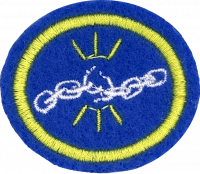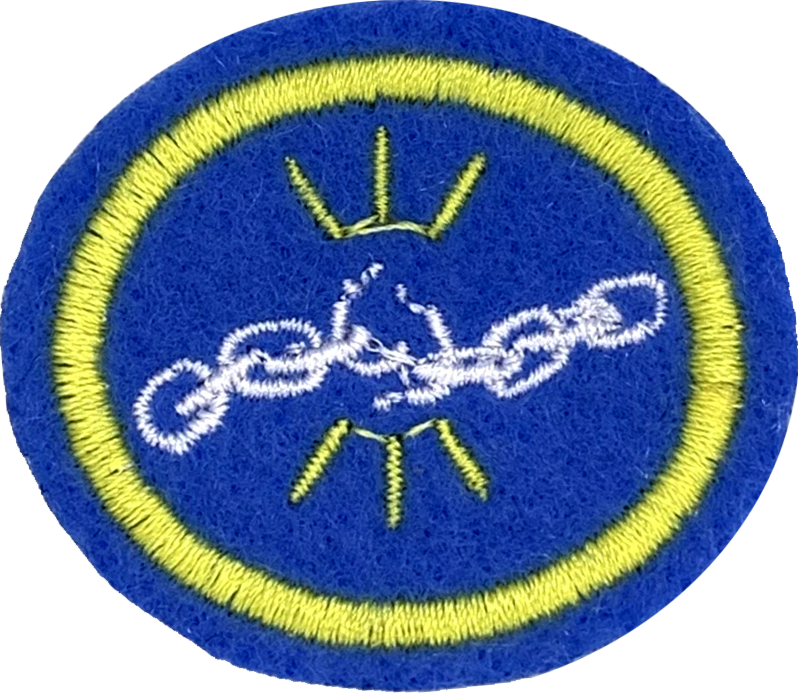Difference between revisions of "AY Honors/Human Trafficking Awareness/Answer Key/en"
(Updating to match new version of source page) |
(Updating to match new version of source page) |
||
| Line 330: | Line 330: | ||
[[Category:AY Honors/noindex{{GetLangSuffix}}|{{SUBPAGENAME}}]] | [[Category:AY Honors/noindex{{GetLangSuffix}}|{{SUBPAGENAME}}]] | ||
| − | |||
{{CloseHonorPage}} | {{CloseHonorPage}} | ||
Revision as of 17:56, 13 July 2022
1
Human trafficking involves recruitment, harbouring or transporting people into a situation of _________________ through the use of ___________, ___________ or ___________ and forced to work against their will.
Human trafficking involves recruitment, harbouring or transporting people into a situation of exploitation through the use of violence, deception or coercion and forced to work against their will.
In the Trafficking Protocol from the UN, it is defined as "the recruitment, transport, transfer, harbouring or receipt of a person by such means as threat or use of force or other forms of coercion, abduction, fraud or deception for the purpose of exploitation."
2
On the basis of the definition given in the Trafficking in Persons Protocol, it is evident that trafficking in persons has three constituent elements;
The Act (What is done)
Recruitment, transportation, transfer, harbouring or receipt of persons
The Means (How it is done)
Threat or use of force, coercion, abduction, fraud, deception, abuse of power or vulnerability, or giving payments or benefits to a person in control of the victim
The Purpose (Why it is done)
For the purpose of exploitation, which includes exploiting the prostitution of others, sexual exploitation, forced labour, slavery or similar practices and the removal of organs.
3
The Act: Recruitment, transportation, transfer, harbouring or receipt of persons.
The Means: Through threats, force, coercion, abduction, fraud, deception, abuse of power or vulnerability, or giving payments or benefits to a person in control of the victim.
The Purpose: For the purpose of exploitation.
4
People trafficking.
5
Because it is a lot more lucrative. A person can be sold several times and people are easily accesible.
6
Drugs:
- Can be sold just one time
- Once consumed, it has to be sold/purchased again
- Many regulations and laws surrounding drug use, supply, distribution and importation
Weapons:
- Can be sold just one time
- Many regulations
- Not easily accessible
Human trafficking:
- Can be sold over and over again
- If a person has been trafficked for domestic servitude (household chores), every day that person can be exploited.
Of these three, human trafficking is a more lucrative criminal activity.
7
$150 billion.
8
An estimated 40 million people are currently enslaved today.
9
August 1st, 1834.
10
On August 28, 1833, William Wilberforce, spearheaded the Slavery Abolition Act and was passed by the UK Parliament.
11
800,000 enslaved Africans.
12
International day for the Abolition of Slavery: December 02
World day against trafficking in persons: July 30
13
Enslaved persons can be found in almost every part of the world. Many of them are hiding in plain sight. Some countries have a higher number of persons trafficked than others.
14
350 cotton balls
15
57 miles of cotton
16
2700 litres of water
17
It takes more than 100 people to make a pair of jeans!
18
Women: 51% Men: 21% Girls: 20% Boys: 8%
19
43% of victims are trafficked domestically within national borders
SPIRITUAL
20
21
21a
His brothers
21b
Canaan
21c
The Ishmaelite traders (Midianites)
21d
20 shekels of silver
21e
To Egypt
21f
To the house of Potiphar
22
- Jealousy can ruin a family
- Joseph maintained his character
- Be a diligent and productive worker
- God protected Joseph in all times of trouble
- We must run from sin at all costs
- Joseph was promoted and blessed
- He chose forgiveness over resentment
23
24
25
26
PRACTICAL
27
28
29
30
The Salvation Army's 24 hour confidential helpline for reporting modern slavery on 0300 3038 151. The Modern Day Slavery Foundation's helpline on 0800 0121 700, open 24 hours a day. the NSPCC's helpline on 0808 8005 000 if you think a child is in danger of trafficking.
31



